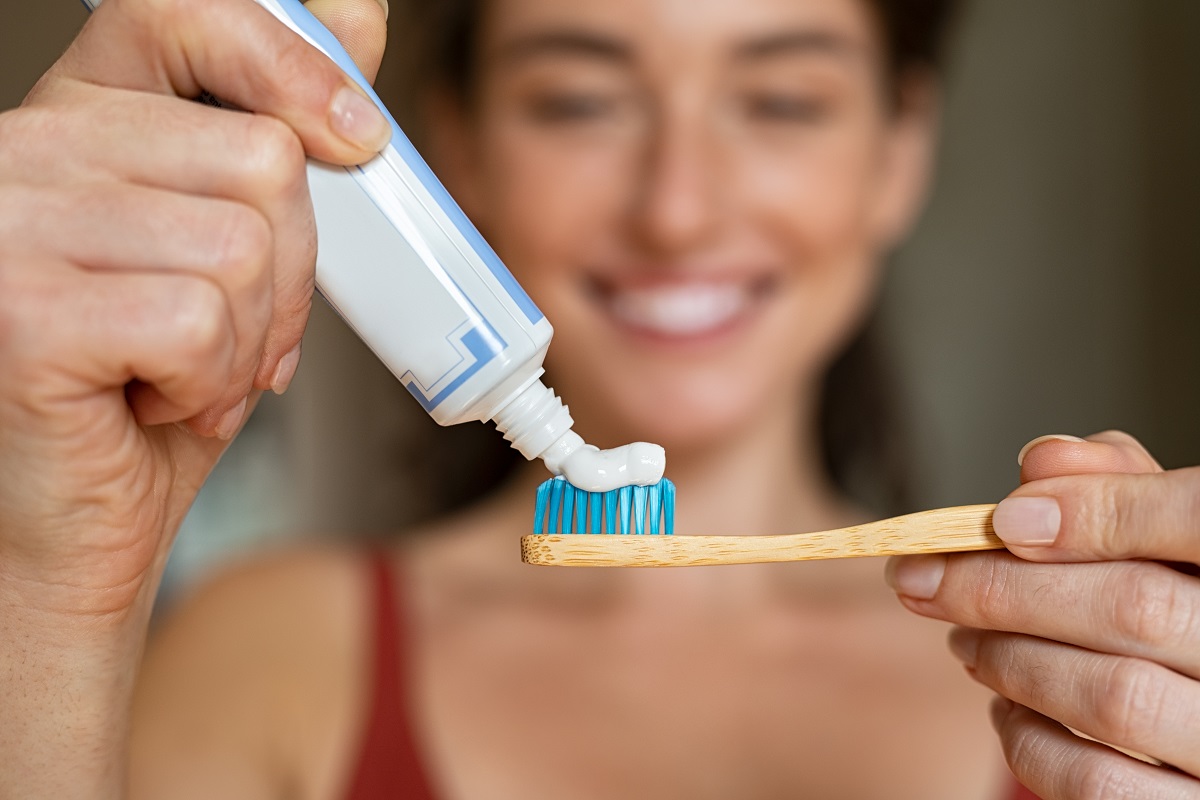- Severe tooth decay should be addressed promptly to prevent further damage.
- Seeking professional dental care is crucial for treating and preventing future decay.
- Effective oral hygiene practices, such as brushing and flossing, are vital for maintaining oral health.
- A balanced diet and good nutritional habits can provide essential nutrients for strong teeth and gums.
- Regular dental check-ups are essential for early detection and intervention.
Dealing with severe tooth decay can be a challenging and uncomfortable experience. It’s crucial to address this issue promptly to prevent further damage and maintain oral health. This guide will explore five effective tips for dealing with severe tooth decay and restoring dental well-being.
1. Seek Professional Dental Care
When faced with severe tooth decay, seeking professional dental care is essential. Schedule an appointment with your dentist as soon as possible. They will evaluate the extent of the decay and recommend the appropriate treatment options. Treatments may include fillings, root canals, or extractions, depending on the severity.
Your dentist will also guide preventive measures and oral hygiene practices to prevent future decay. Regular dental check-ups and cleanings are essential to identify and address dental issues before they worsen. By seeking professional dental care, you’ll receive expert advice and necessary treatments to restore your oral health.
2. Adopt Effective Oral Hygiene Practices
Maintaining proper oral hygiene is vital for dealing with severe tooth decay. Here are the types of effective oral hygiene that you can practice:
Brushing

Brushing your teeth correctly is crucial for maintaining good oral hygiene. Using a fluoride toothpaste and a soft-bristled toothbrush, gently brush all surfaces of your teeth in a circular motion. Make sure to also brush along the gumline, as plaque buildup in this area can lead to gum disease. Avoid brushing too hard, as this can damage your gums and tooth enamel. Aim to brush for two minutes twice daily — once in the morning and once before bed.
Flossing
Flossing is an essential part of oral hygiene that many people neglect. It helps remove food particles and plaque between teeth that a toothbrush cannot reach. This prevents bacteria growth and plaque formation, which can lead to tooth decay and gum disease. To floss correctly, take about 18 inches of floss and gently slide it between each tooth in a sawing motion. Be sure to also floss along the gumline to remove any trapped debris.
Using Mouthwash
Mouthwash is an effective addition to your oral hygiene routine. It helps reduce bacteria in the mouth and freshens breath, but it should not be used as a substitute for brushing and flossing. Look for an antimicrobial mouthwash with ingredients like fluoride or essential oils that can help protect against tooth decay and gum disease. Remember to follow the instructions on the label and never swallow mouthwash.
Maintaining a Balanced Diet
What you eat plays a significant role in your oral health. A diet high in sugary and acidic foods can contribute to tooth decay, while a balanced diet rich in fruits, vegetables, and calcium can help support strong teeth and gums. Foods like cheese, yogurt, and leafy greens are excellent sources of calcium, which helps strengthen tooth enamel. Limit your sugary and acidic food intake and choose healthier snack options like fruits, veggies, and nuts. Drinking plenty of water can also help wash away food particles and prevent dry mouth, which can contribute to tooth decay.
3. Practice Good Nutritional Habits

Nutrition plays a significant role in maintaining optimal oral health. Ensure you consume a balanced diet with essential vitamins and minerals for strong teeth and gums. Incorporate calcium-rich foods like dairy products, leafy greens, and almonds. Vitamin D, found in fatty fish and fortified dairy products, aids in calcium absorption.
Limit your consumption of sugary snacks and beverages, as they contribute to tooth decay. Opt for water or unsweetened drinks instead of sugary sodas or juices. Avoid frequent snacking, as it exposes your teeth to prolonged acid attacks. Practicing good nutritional habits provides your teeth with the necessary nutrients to repair and prevent further decay.
4. Consider Dental Treatments and Restorations
Dental treatments and restorations may be necessary to restore oral health in cases of severe tooth decay. Depending on the extent of decay, your dentist may recommend procedures such as fillings, crowns, or root canals. Fillings repair small cavities, while crowns are used for larger areas of decay or weakened teeth.
Root canal therapy may be required if the decay has reached the dental pulp, causing infection and pain. In some cases, extraction may be necessary if the tooth cannot be saved. If this is the case, you may want to invest in durable dental implants as an effective option for replacing missing teeth. They provide a durable and natural-looking solution to restore your smile and maintain proper oral function.
5. Maintain Regular Dental Check-ups
Regular dental check-ups are essential for dealing with severe tooth decay and preventing future issues. Schedule biannual visits to your dentist for routine examinations and cleanings. Your dentist will thoroughly assess your oral health, identify any signs of decay or other dental problems, and provide appropriate treatments or referrals.
During these visits, your dentist will also perform professional cleanings to remove plaque and tartar buildup that cannot be removed through regular brushing and flossing. Regular dental check-ups allow for early detection and intervention, saving you from potential pain, discomfort, and costly treatments later on. By maintaining regular dental check-ups, you’ll keep your oral health in check and address any arising issues promptly.
In Summary
Dealing with severe tooth decay requires a multi-faceted approach that includes seeking professional dental care, adopting effective oral hygiene practices, practicing good nutritional habits, considering dental treatments and restorations, and maintaining regular dental check-ups. These tips can effectively manage severe tooth decay, restore oral health, and prevent further complications. Prevention and early intervention are key to maintaining a healthy smile for years.

